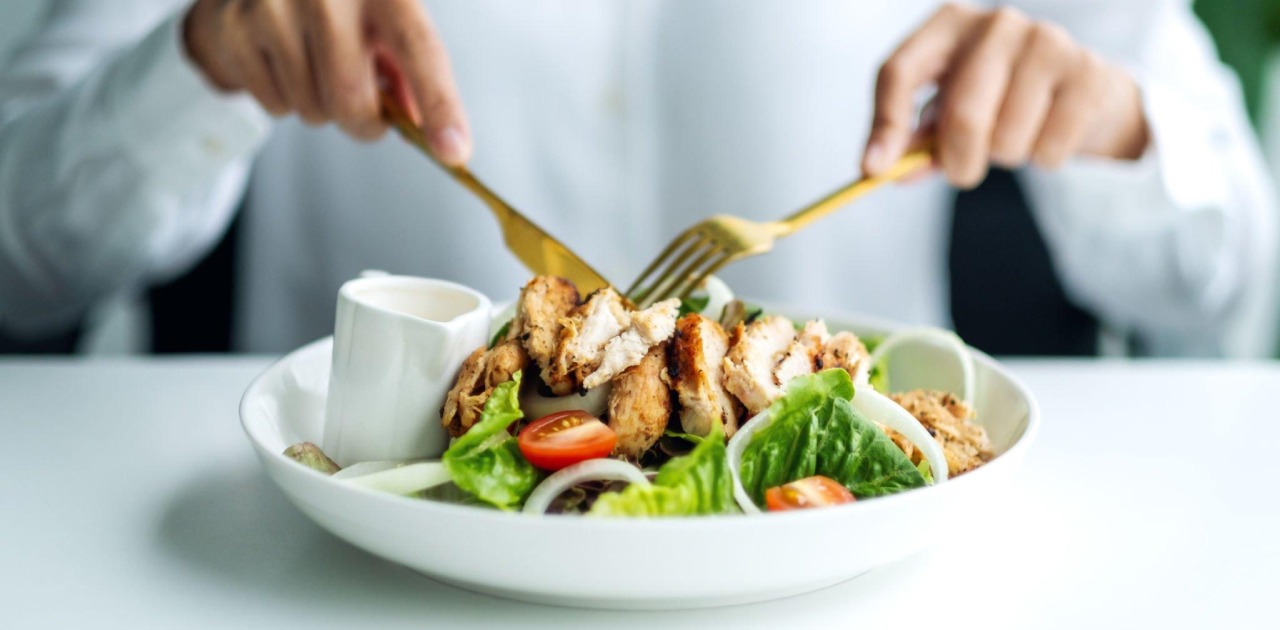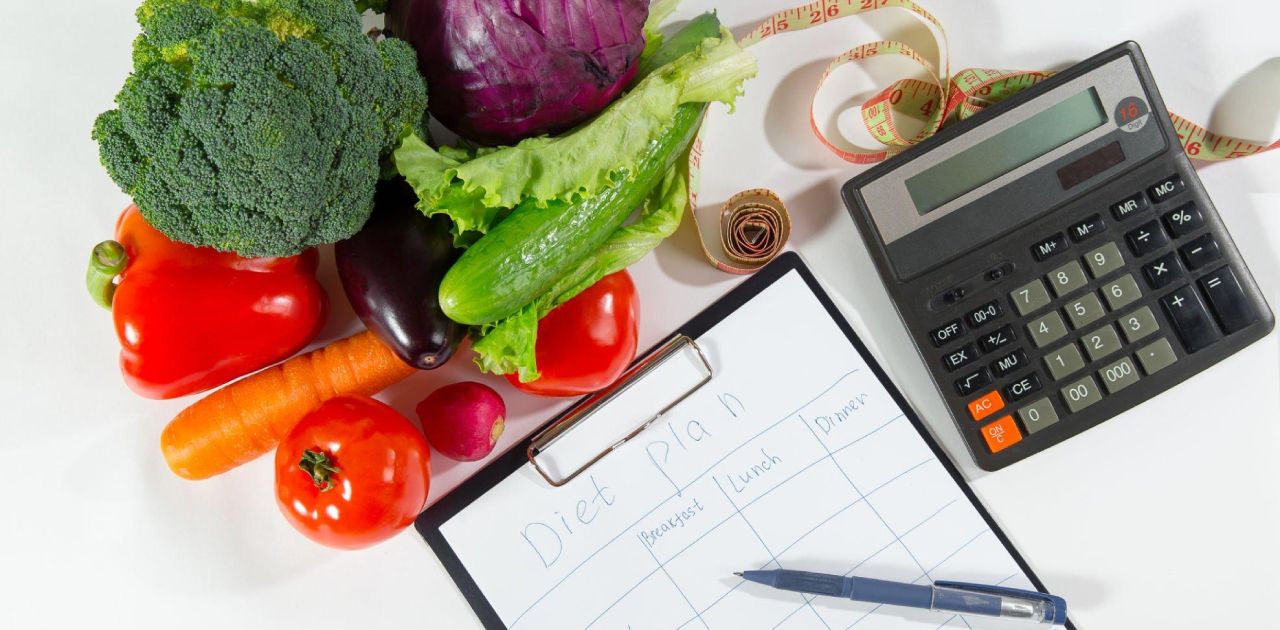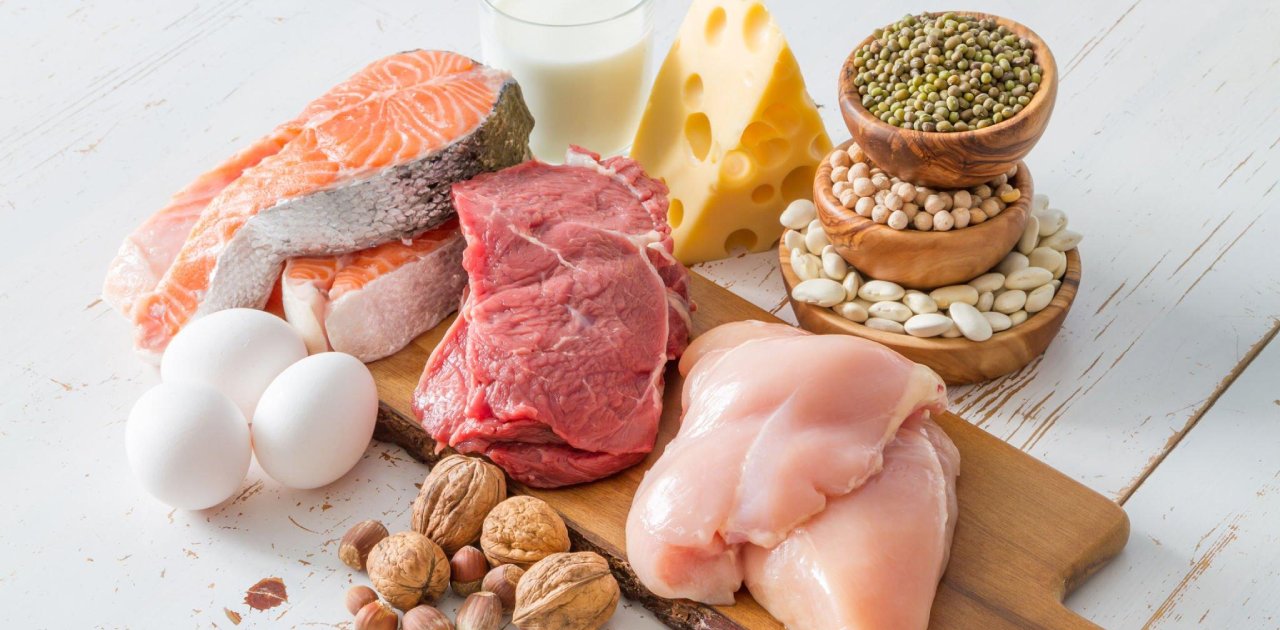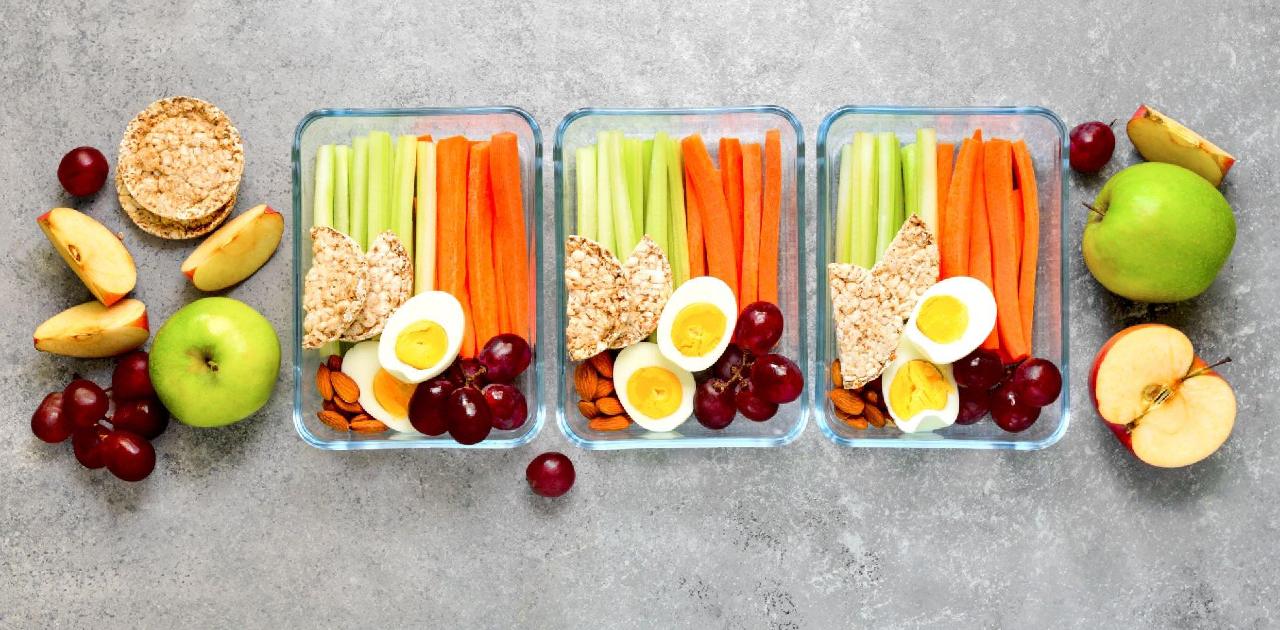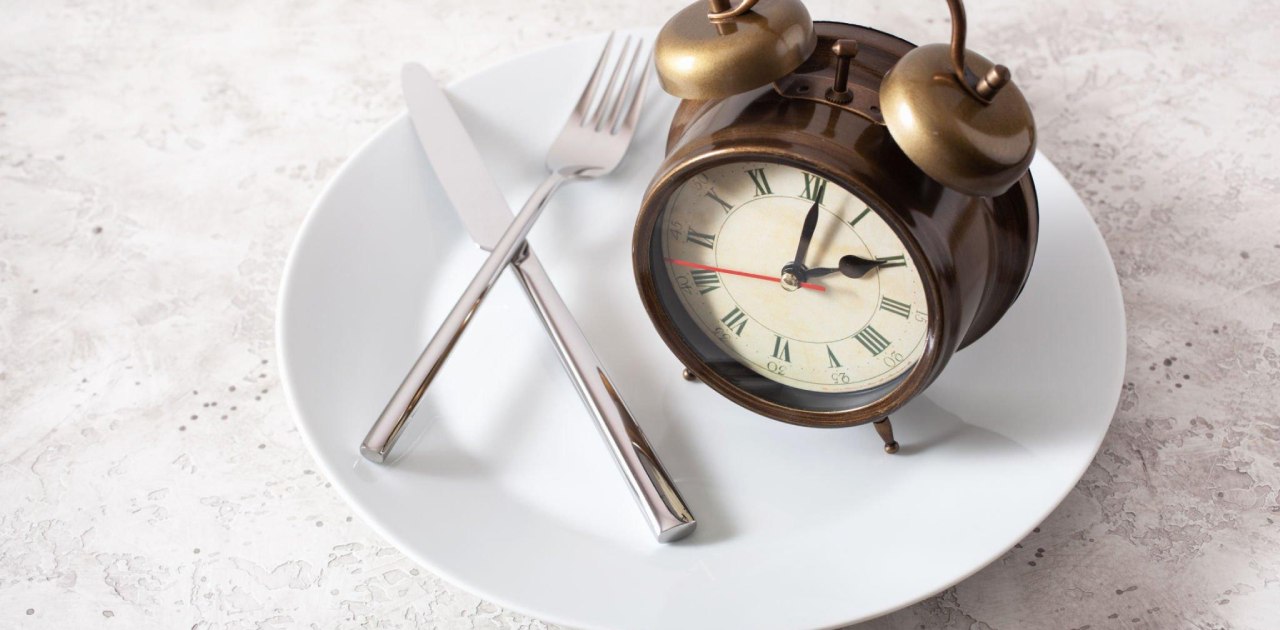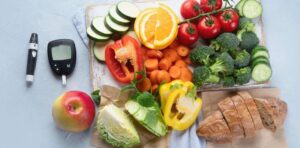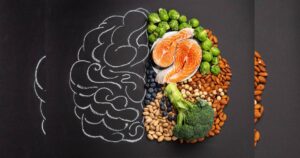Are you looking to lose weight or maintain a healthy weight? Incorporating low-calorie foods into your diet can be a great way to achieve your fitness goals. Not only will these foods help you feel full and satisfied, but they can also provide a range of essential nutrients that your body needs to thrive. In this article, we’ll explore the benefits of low-calorie foods, how to calculate your daily caloric needs, and provide a list of delicious and nutritious low-calorie foods to help you reach your fitness goals.
Introduction to Low-Calorie Foods
Low-calorie foods are those that contain fewer calories per serving than other foods. These foods can be an effective tool for weight loss or weight maintenance, as they can help you feel full and satisfied while consuming fewer calories overall. Some examples of low-calorie foods include fruits and vegetables, lean proteins, and whole grains.
Incorporating low-calorie foods into your diet doesn’t mean you have to sacrifice flavor or variety. In fact, there are plenty of delicious and nutritious low-calorie foods that can help you achieve your fitness goals while keeping your taste buds happy.
Benefits of Incorporating Low-Calorie Foods into Your Diet
In addition to aiding in weight loss or maintenance, incorporating low-calorie foods into your diet can provide a range of other health benefits. For example, many low-calorie foods are high in fiber, which can help regulate digestion and promote feelings of fullness. Additionally, low-calorie foods are often rich in essential vitamins and minerals that can keep your body functioning at its best.
Including low-calorie foods in your diet can also help you develop healthy eating habits. By focusing on nutrient-dense, low-calorie foods, you can learn to prioritize your health and wellness without feeling deprived or restricted.
How to Calculate Your Daily Caloric Needs
Before incorporating low-calorie foods into your diet, it’s important to understand how many calories your body needs each day. This can vary based on factors such as age, gender, weight, and activity level.
One way to estimate your daily caloric needs is to use an online calculator that takes these factors into account. Once you have an estimate, you can use this number as a starting point for determining how many calories you should consume each day.
Keep in mind that consuming too few calories can be just as detrimental to your health as consuming too many. It’s important to strike a balance that allows you to meet your nutritional needs while still creating a calorie deficit for weight loss or maintenance.
List of Low-Calorie Vegetables and Fruits
Vegetables and fruits are an excellent source of vitamins, minerals, and fiber, and many are naturally low in calories. Here are some examples of low-calorie vegetables and fruits to incorporate into your diet:
Vegetables:
- Spinach: This leafy green is rich in iron, calcium, and vitamins A and C. One cup of raw spinach contains just 7 calories.
- Broccoli: A great source of fiber, vitamin C, and potassium, one cup of chopped broccoli contains just 55 calories.
- Bell peppers: These colorful veggies are loaded with vitamin C and contain just 24 calories per cup (diced).
- Carrots: Rich in vitamin A and fiber, one medium carrot contains just 25 calories.
- Cauliflower: This versatile veggie is a great source of vitamin C and contains just 27 calories per cup (chopped).
Fruits:
- Strawberries: These sweet berries are loaded with vitamin C and contain just 49 calories per cup (sliced).
- Watermelon: A great source of hydration, one cup of diced watermelon contains just 46 calories.
- Grapefruit: Rich in vitamin C and antioxidants, half of a medium grapefruit contains just 52 calories.
- Apples: An excellent source of fiber and vitamin C, one medium apple contains just 95 calories.
- Oranges: Loaded with vitamin C, one medium orange contains just 62 calories.
High-Protein Low-Calorie Foods
Protein is an essential nutrient that helps build and repair tissue, maintain muscle mass, and support a healthy immune system. Incorporating high-protein, low-calorie foods into your diet can help you feel full and satisfied while supporting your body’s overall health.
Here are some examples of high-protein, low-calorie foods to include in your diet:
- Chicken breast: A 3-ounce serving of skinless, boneless chicken breast contains just 140 calories and 26 grams of protein.
- Greek yogurt: A 6-ounce serving of nonfat Greek yogurt contains just 100 calories and 17 grams of protein.
- Lentils: One cup of cooked lentils contains just 230 calories and 18 grams of protein.
- Tuna: A 3-ounce serving of canned tuna in water contains just 73 calories and 16 grams of protein.
- Egg whites: One large egg white contains just 17 calories and 3.6 grams of protein.
Low-Calorie Snacks to Satisfy Your Cravings
Snacking can be a great way to keep your energy levels up throughout the day, but it’s important to choose snacks that are both nutritious and low in calories. Here are some examples of low-calorie snacks to satisfy your cravings:
- Baby carrots and hummus: One cup of baby carrots and 2 tablespoons of hummus contain just 100 calories.
- Apple slices and almond butter: One medium apple and 1 tablespoon of almond butter contain just 150 calories.
- Greek yogurt and berries: Six ounces of nonfat Greek yogurt and 1/2 cup of mixed berries contain just 100 calories.
- Air-popped popcorn: Three cups of air-popped popcorn contain just 90 calories.
- Rice cake with cottage cheese: One rice cake and 1/4 cup of low-fat cottage cheese contain just 80 calories.
Low-Calorie Meal Ideas for Breakfast, Lunch, and Dinner
Incorporating low-calorie foods into your meals doesn’t have to be complicated or boring. With a little creativity, you can create delicious and nutritious meals that keep you feeling full and satisfied.
Here are some examples of low-calorie meal ideas for breakfast, lunch, and dinner:
Breakfast:
- Greek yogurt parfait: Layer nonfat Greek yogurt, mixed berries, and a sprinkle of granola for a filling and delicious breakfast that contains just 200 calories.
- Veggie omelet: Whip up a three-egg omelet with sautéed spinach, mushrooms, and diced tomatoes for a hearty breakfast that contains just 250 calories.
Lunch:
- Turkey and avocado wrap: Spread 2 tablespoons of mashed avocado on a whole-grain tortilla, top with sliced turkey, and roll up for a satisfying lunch that contains just 300 calories.
- Salad with grilled chicken: Mix up a salad with leafy greens, grilled chicken breast, sliced veggies, and a drizzle of balsamic vinaigrette for a filling lunch that contains just 350 calories.
Dinner:
- Grilled salmon with roasted veggies: Grill a 3-ounce salmon fillet and roast a variety of veggies (such as broccoli, bell peppers, and mushrooms) for a satisfying dinner that contains just 400 calories.
- Zucchini noodle with turkey meatballs: Spiralize zucchini into noodles and top with turkey meatballs and marinara sauce for a low-carb, high-protein dinner that contains just 350 calories.
Tips for Cooking with Low-Calorie Foods
Cooking with low-calorie foods can be a great way to create flavorful and nutritious meals without adding excess calories. Here are some tips for cooking with low-calorie foods:
- Use herbs and spices to add flavor: Instead of relying on high-calorie sauces and dressings, use herbs and spices to add flavor to your meals. Try adding fresh herbs like basil, cilantro, or parsley to your dishes, or experiment with spices like cumin, turmeric, or paprika.
- Experiment with different cooking methods: Roasting, grilling, and sautéing can all be great ways to cook low-calorie foods while preserving their flavor and nutrients. Try experimenting with different cooking methods to find what works best for you.
- Incorporate fruits and veggies into your meals: Fruits and veggies can be a great way to add flavor and nutrition to your meals without adding excess calories. Try incorporating a variety of colorful fruits and veggies into your meals to keep things interesting.
Common Mistakes to Avoid When Eating Low-Calorie Foods
While incorporating low-calorie foods into your diet can be a great way to achieve your fitness goals, there are some common mistakes to avoid. Here are a few to keep in mind:
- Skipping meals: Skipping meals can actually slow down your metabolism and make it harder to lose weight. Instead of skipping meals, focus on eating nutrient-dense, low-calorie foods throughout the day to keep your energy levels up.
- Relying on processed foods: Many processed foods marketed as “low-calorie” are actually high in sugar and artificial ingredients. Instead of relying on these foods, focus on whole, nutrient-dense foods that will nourish your body.
- Not getting enough protein: Protein is essential for building and maintaining muscle mass, and can also help you feel full and satisfied. Be sure to incorporate high-protein, low-calorie foods into your diet to keep your body functioning at its best.
Frequently Asked Question About Low-Calorie Foods
What are low-calorie foods?
Low-calorie foods are those that have a relatively low amount of calories per serving compared to other foods. They are often used in weight loss or weight management plans as they can help reduce overall calorie intake.
Why are low-calorie foods popular for weight loss?
Low-calorie foods are popular for weight loss because they allow people to consume fewer calories while still feeling full or satisfied. By incorporating low-calorie foods into their diet, individuals can create a calorie deficit, which can help promote weight loss.
What are some examples of low-calorie foods?
Some examples of low-calorie foods include fruits and vegetables, lean proteins such as chicken or fish, whole grains, legumes, and certain dairy products like low-fat yogurt or skim milk. These foods are generally lower in calories compared to high-calorie foods such as fried foods, sugary snacks, and processed foods.
Can low-calorie foods be part of a balanced diet?
Yes, low-calorie foods can be part of a balanced diet. In fact, incorporating a variety of low-calorie foods into a balanced diet that includes all essential nutrients can help support overall health and weight management goals. It’s important to ensure that the low-calorie foods are combined with other nutrient-dense foods to meet the body’s nutritional needs.
Are all low-calorie foods healthy?
Not necessarily. While low-calorie foods can be helpful for weight loss or weight management, it’s important to note that not all low-calorie foods are healthy. Some low-calorie foods may be heavily processed, high in sodium or sugar, or lack essential nutrients. It’s important to choose low-calorie foods that are also nutrient-dense and minimally processed for optimal health benefits.
Can low-calorie foods be used as meal replacements?
Low-calorie foods can be used as meal replacements, but it’s important to do so with caution and under the guidance of a healthcare professional or registered dietitian. Meal replacements should provide a balanced and complete source of essential nutrients to ensure that the body’s nutritional needs are met. Simply relying on low-calorie foods as meal replacements without considering the overall nutrient intake may not provide adequate nutrition.
Are low-calorie foods suitable for everyone?
While low-calorie foods can be part of a healthy diet for many people, they may not be suitable for everyone. Certain individuals, such as pregnant or breastfeeding women, growing children, or those with specific medical conditions, may have different nutritional needs and should consult with a healthcare professional or registered dietitian before incorporating low-calorie foods into their diet.
Can low-calorie foods help with weight maintenance after weight loss?
Yes, incorporating low-calorie foods into a balanced diet can be helpful for weight maintenance after weight loss. They can help individuals continue to manage their calorie intake and support weight maintenance efforts. However, it’s important to also focus on other aspects of a healthy lifestyle, such as regular physical activity, adequate sleep, and stress management, to maintain weight loss in the long term.
Conclusion
Incorporating low-calorie foods into your diet can be a great way to achieve your fitness goals and support your overall health and wellness. By focusing on nutrient-dense, low-calorie foods, you can nourish your body while creating a calorie deficit for weight loss or maintenance. With a little creativity and some delicious recipes, eating low-calorie can be both healthy and tasty. So why not give it a try? Your body will thank you.
